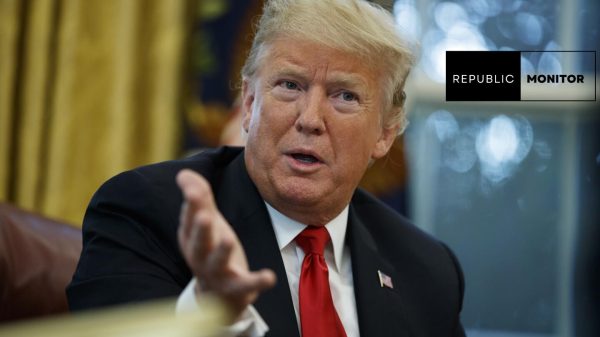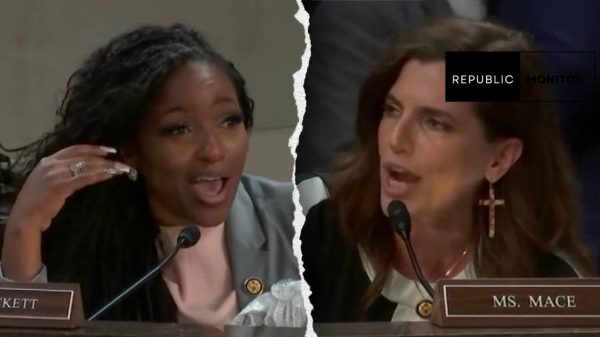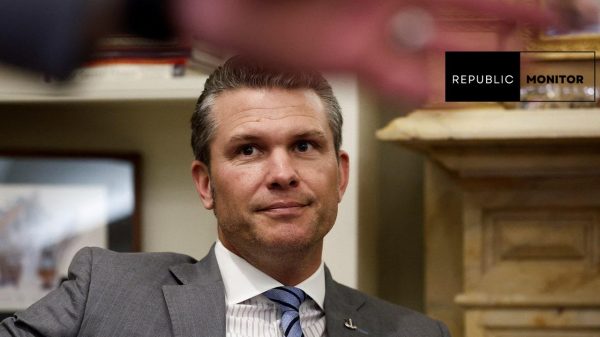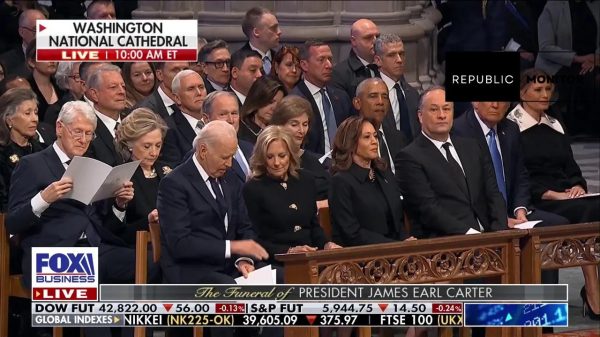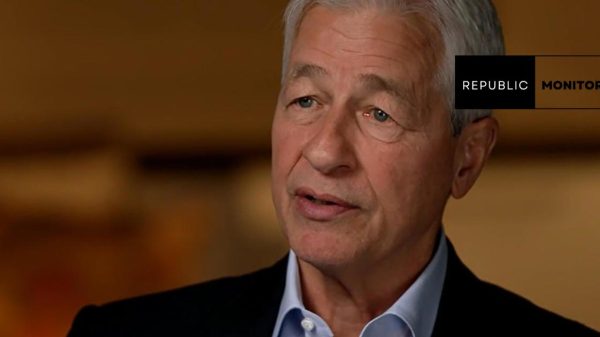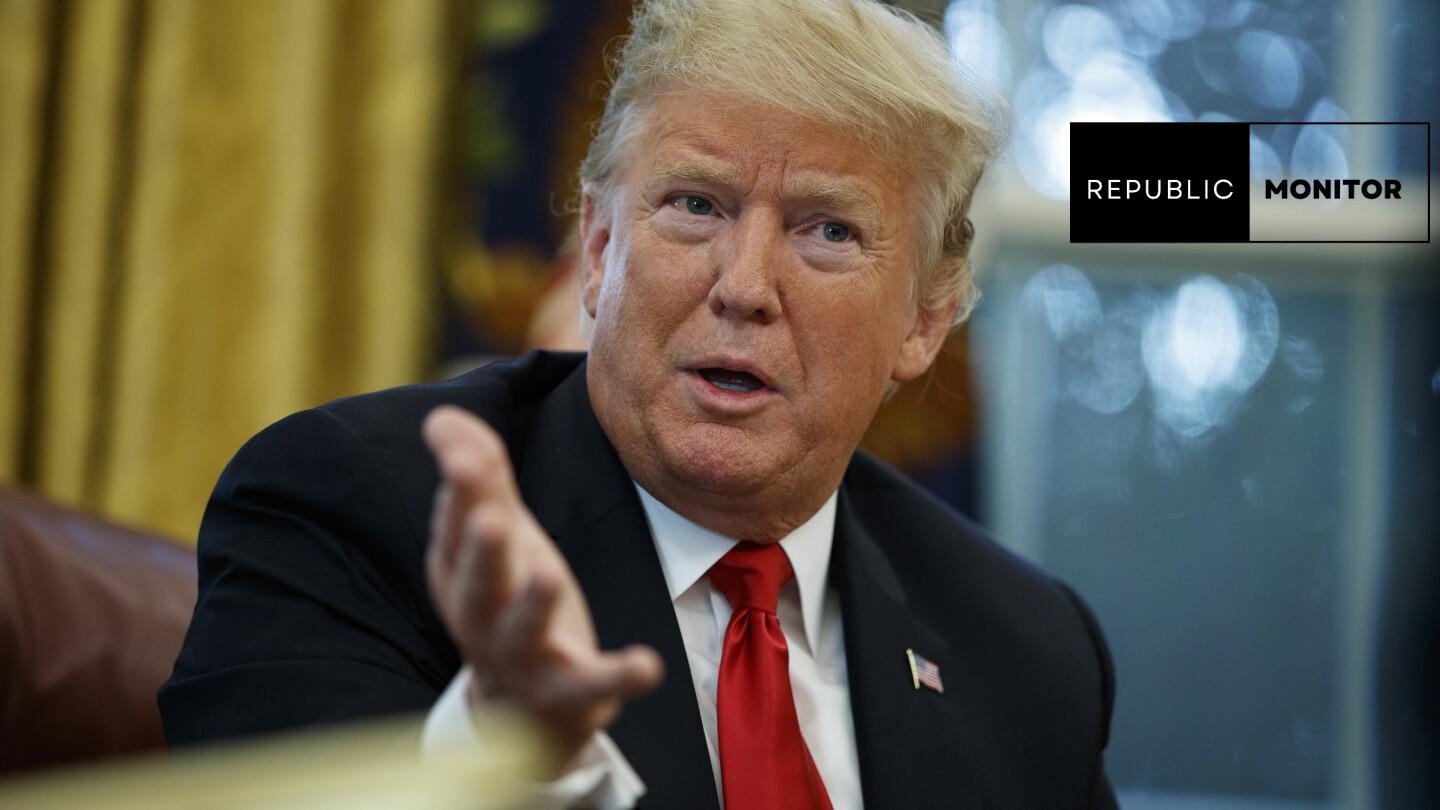In a significant announcement on Tuesday, President-elect Donald Trump revealed plans to create a new agency called the ‘External Revenue Service.’ This agency’s primary goal will be to collect tariffs and other revenues from foreign countries, marking a bold step in Trump’s ongoing trade strategy. The announcement comes as part of his broader ‘Save America’ agenda, which aims to reshape the federal government and its operations.
Plans for a New Agency
During a social media post on Trump’s Truth Social platform, the president-elect detailed his vision for this new agency. The External Revenue Service would operate similarly to the Internal Revenue Service (IRS), which currently manages tax collection within the United States. However, this new agency would focus exclusively on gathering revenues from foreign sources, specifically targeted at increasing tariffs on imported goods.
Legislation Needed for Launch
To bring this new agency to life, Trump will need the approval of Congress, which could present a challenge. Republican lawmakers hold the majority, but the details of Trump’s plan may spark debates among both parties. Many lawmakers are concerned about the efficiency of establishing a new agency that might duplicate existing functions handled by U.S. Customs and Border Protection, which already collects tariffs.
- The External Revenue Service will focus on collecting tariffs and revenues from foreign countries.
- Trump has emphasized strengthening tax collection from foreign entities.
- Current systems are criticized for being ineffective in enforcing fair taxation.
- A new framework may be proposed on how the agency would operate.
Trump’s Tariff Strategy
Trump’s announcement also included a discussion about imposing hefty tariffs on imports. He suggested tariffs could reach up to 25% on products coming from allies and up to 60% for goods imported from China. These measures aim to address what Trump describes as unfair trade practices that have cost American jobs and economic stability.
Criticism from Opponents
Not everyone is on board with Trump’s plans. Democratic Senator Ron Wyden has criticized the proposed External Revenue Service as a significant tax hike on American citizens. Economists also express skepticism about whether high tariffs can effectively generate revenue without increasing prices for consumers. Concerns are rising that these tariffs could raise costs for everyday goods, leaving families to pay the price.
Impact on U.S. Trade Relations
Some observers warn that launching the External Revenue Service could strain relationships with foreign allies. Not only does the proposal target trading partners like Canada and Mexico, but it also poses potential penalties on the European Union unless they increase purchases of American goods like oil and gas. The constant threat of tariffs may lead to tensions in global trade discussions.
Looking Ahead
As Trump prepares for his presidency, many are left to wonder what this new agency will look like and how it will truly function. Will it make the government more efficient, or will it just add another layer of bureaucracy? The future of the External Revenue Service remains uncertain, especially as the incoming administration gears up for its January 20, 2025, launch date. With tariffs previously seen as a way to protect American interests, the administration’s approach will certainly influence the country’s economic direction in the years to come.
As more information becomes available, it will be crucial for citizens and lawmakers alike to stay informed about the implications of the proposed External Revenue Service on both the economy and international relations.

